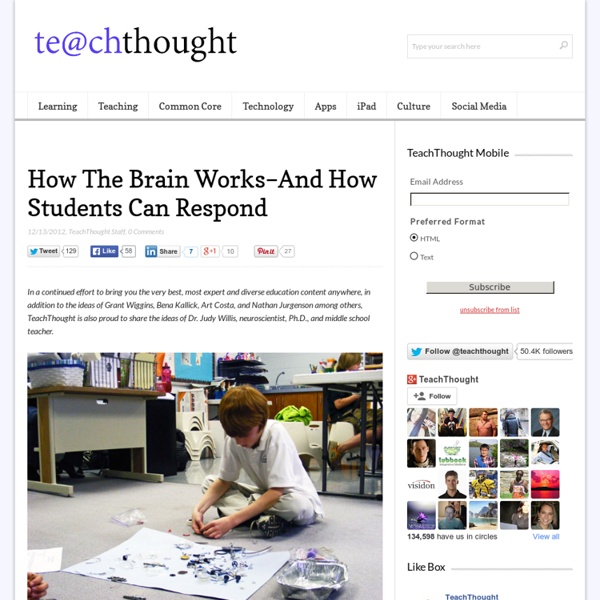And How Students Can Respond

Home
A Neuroscientist Explains How Meditation Changes Your Brain
Do you struggle, like me, with monkey-mind? Is your brain also a little unsettled, restless, capricious, whimsical, fanciful, inconstant, confused, indecisive, or uncontrollable? That’s the definition of “monkey mind” I’ve been given! If you need more motivation to take up this transformative practice, neuroscience research has shown that meditation and mindfulness training can cause neuroplastic changes to the gray matter of your brain. A group of Harvard neuroscientists interested in mindfulness meditation have reported that brain structures change after only eight weeks of meditation practice. Sara Lazar, Ph.D., the study’s senior author, said in a press release, “Although the practice of meditation is associated with a sense of peacefulness and physical relaxation, practitioners have long claimed that meditation also provides cognitive and psychological benefits that persist throughout the day.” Britta Hölzel, the lead author on the paper says, Sarah Lazar also noted,
How to Meditate
"If there is something you truly want to know, then you truly want to listen to your own wisdom. You know, meditation is learning how to listen with your own wisdom, so that you can see. I think why meditation is amazingly important, is that somehow our unconscious world is much bigger. It is huge, universal, and we don't understand that one. Meditation allows this world to be light and knowable, understandable. "The most important thing is practice in daily life; then you can know gradually the true value of religion. I would strongly advise everyone to make an effort to start with a serious course in meditation in a centre or group under the guidance of an experienced teacher, preferably with at least a few days in silence. Many people discover it quickly becomes more essential and helpful than a good breakfast or 'the first cup of coffee' in the morning. The Body: - keeping the back straight, in whichever posture you meditate is most essential The Mind: The Session: 1.
Related:
Related:



